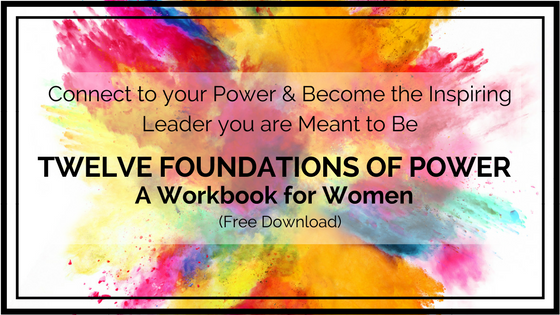Over my decades of experience as an athlete, professional dancer and practitioner of meditation, I have come to realize several key ingredients that deepen the potency and impact of somatic practice. Take a look at these foundational ways of relating to your embodied experience, bring them into practice and begin to feel the full magic of somatic practice unfold for you firsthand.
The Power of a Bow: Priming All Parts of Your Brain for Meaningful Action
The wonder of movement is that it connects with and impacts both our limbic and reptilian brains. In this practice, when you connect the movement with your intention, you are allowing the impact of your intention to resonate through not just your thinking mind but the whole of your human self. In this post we explore the power of the bow as a means of powerful communication outward and inward.
What is embodiment anyway?
‘Embody’ is one of those words that is getting a lot of use these days. Like most words that become trendy, it is also getting a lot of WRONG, or at the least vague, use.
It is often being used as a replacement for the words ‘be’ or ‘do’ or ‘succeed’ and while there is truth to that, it isn’t the whole truth.
To truly embody something means that you have a full-body, FELT experience of that thing/state/experience. It means that you don’t just know something as thoughts or mental understanding, but that you also feel it as it occurs within the sensations of your body.
You CANNOT develop your embodiment through thinking. You can think about embodiment and that is very different from actually getting into, experiencing and increasing your felt sense/awareness (also known as somatic awareness) of your body.
Embody Confidence Tip #3: Disarm Fear with Body Awareness
Fear, like any emotion, is experienced as felt sensations in the body. Shortness of breath, fast beating heart, tightness in your chest or guts, sweaty palms, dry mouth – these are signs and symptoms of fear.
Because a feeling of discomfort is inherent in these sensations, our instinct is to try to avoid or get away from what we are feeling. What we don’t realize is that it is by actually FEELING INTO the sensations happening in the body that they will then shift, lessen or dissipate of their own accord.





